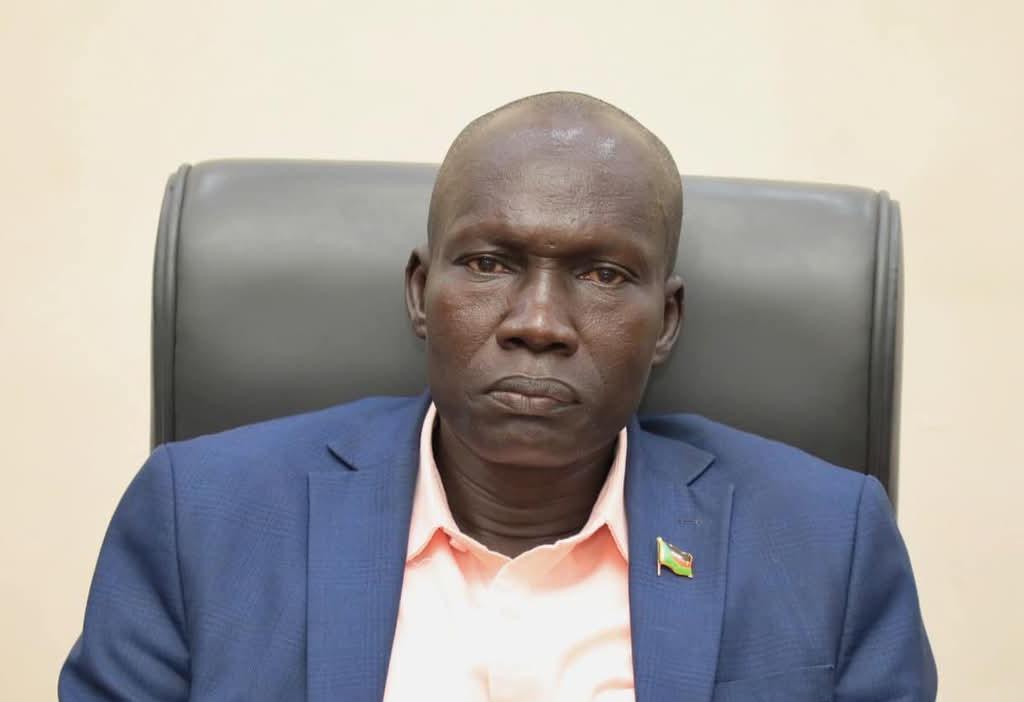Africa-Press – South-Sudan. The newly appointed commissioner of Kajo-Keji County in Central Equatoria State has expressed a strong determination to reopen schools and health centres, which have long been closed due to violence in the county.
Commissioner Wani Jackson Mule spoke this afternoon following his swearing-in ceremony in Juba.
Mr Amule, an SPLM member, replaced his sacked predecessor, SPLM-IO David Lisi Christopher, marking his second return to the position he last held in 2019.
In more than a year in office, the former commissioners’ time was characterized by recurrent insecurity due to clashes between the SSPDF and armed groups, and illegal teak logging.
According to Mule, Kajo-Keji County has over 150 primary schools, 17 secondary schools, and 45 health facilities.
He noted that these institutions were either forced to close or were severely damaged due to violent clashes and the displacement of communities over the past few years.
Amule added that his administration will work to ensure these institutions are functional and accessible to children and youth across the country.
“Education and health services are my top priorities. Many of our schools have been closed, and most of our primary health care facilities are also closed.
“Now, with this new assignment, I will do all I can to ensure that all 115 primary schools, 17 secondary schools, and 45 health facilities are reopened so that we can serve our people,” he said.
The county official stressed that peace and security are essential for rebuilding the county.
“In summary, peace and security, unity among our people, and the provision of social services such as education, health, water, and sanitation are the main issues.
“I hope this will return us to the previous scenario where Insecurity was a major issue, along with cattle raiding, border disputes with neighboring countries, and logging.”
Beyond education, the Commissioner outlined several key priorities, including strengthening security, promoting peace and unity among the diverse communities, enhancing service delivery, and expanding healthcare infrastructure to meet the needs of the local population.
For More News And Analysis About South-Sudan Follow Africa-Press






